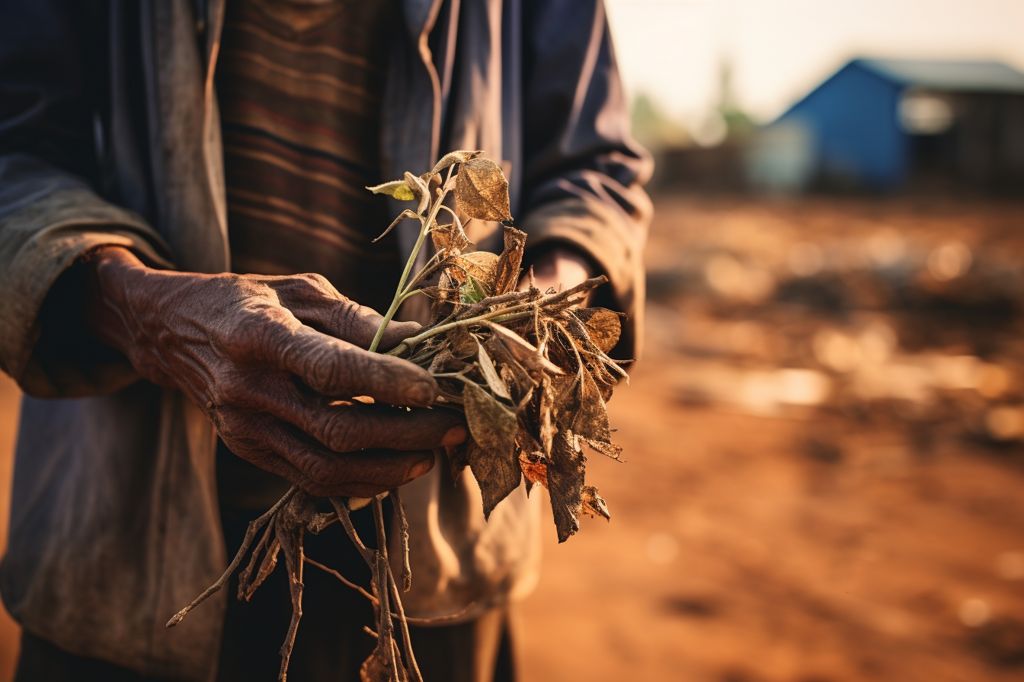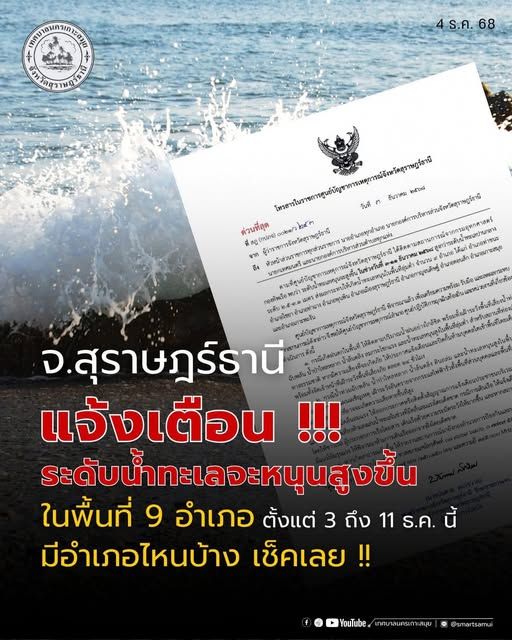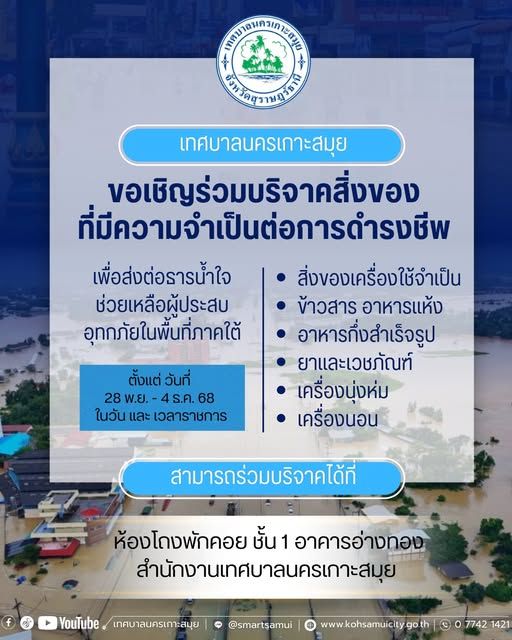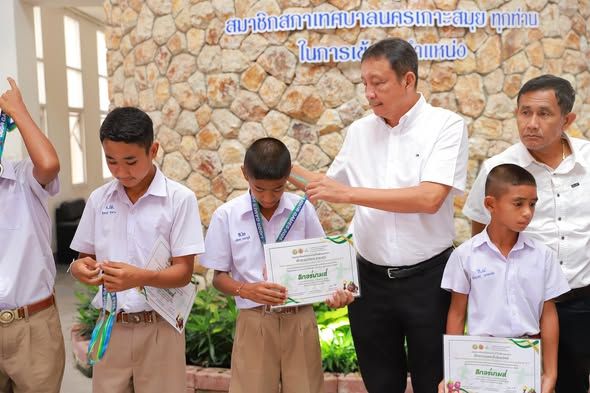Addressing Drought Concerns in Thailand
The Thai government is ramping up initiatives to mitigate the effects of the El Nino weather anomaly, which has caused reduced rainfall and drought, impacting the country’s agricultural sector. Prime Minister Srettha Thavisin emphasized the importance of addressing these concerns, as the welfare of the population and the agricultural sector are top priorities.
Efforts are focused on numerous areas, such as market expansion, raising farmers’ income, enhancing farming efficiency, decreasing production costs, boosting exports, and ensuring sufficient food supplies for domestic use.
Gathering Information on El Nino
The Prime Minister has directed the Agriculture and Cooperatives Minister to collect comprehensive data on the El Nino phenomenon and its consequences. This information will be discussed at the next cabinet meeting on September 13, followed by the implementation of appropriate measures to address concerns.
Srettha plans to embark on a two-day inspection journey to the provinces of Khon Kaen, Udon Thani, and Nong Khai in the Northeast, to assess the situation and address local apprehensions.
Building Strong Relationships with Government Officials
The Prime Minister highlighted the importance of cooperation between cabinet members and government officials. He urged the ministers to work closely with officials, ensuring that their promotion and career advancement processes are transparent and equitable, as they play a crucial role in transforming government policies into tangible results.
Improving Transport Infrastructure
Srettha also emphasized the government’s focus on developing comprehensive transport infrastructure, including land, waterway, air, and rail transportation. For passenger convenience, the Bangkok mass-transit ticketing system will be integrated, with the consideration of a proper fare policy in line with the existing budget.
Private Sector Expresses Concern Over Drought
Kriengkrai Thiennukul, Federation of Thai Industries chair, voiced apprehension about the worsening drought, which is predicted to have severe consequences this year. He noted that rainfall from January to July was unusually low across all regions, with water levels in dams at critically low points.
Thiennukul stressed the need for the government to prioritize efforts to combat drought and its impact on agriculture from late this year to early next year. He also suggested accelerating reservoir construction projects in the East, such as the Khlong Wang Tanod Reservoir in Chanthaburi.
El Nino’s Impact on Agriculture
Visit Limlurcha, vice-chair of the Thai Chamber of Commerce and president of the Thai Future Food Trade Association, concurred with Thiennukul, stating that El Nino could severely harm the agricultural sector. Crops predicted to be the most affected by the phenomenon include rice, cassava, rubber plants, animal feed maize, oil palms, and fruit.
Furthermore, he warned that El Nino might severely disrupt sugar production in Thailand and India, as well as sugarcane harvesting in Brazil, potentially leading to a significant increase in global sugar prices.




